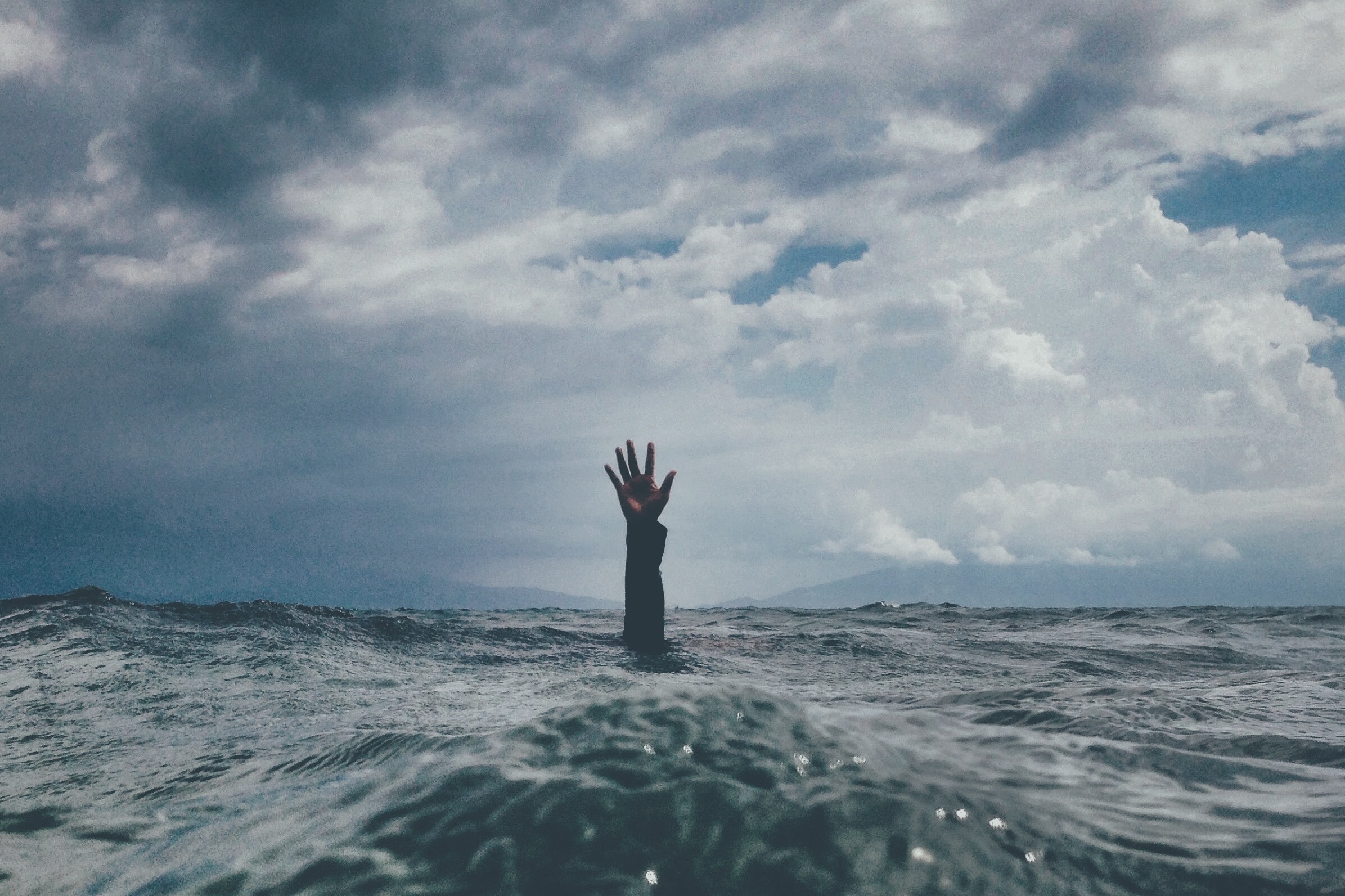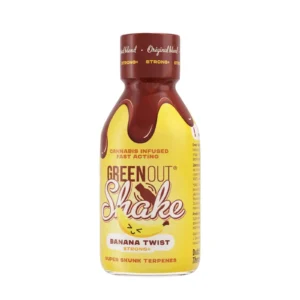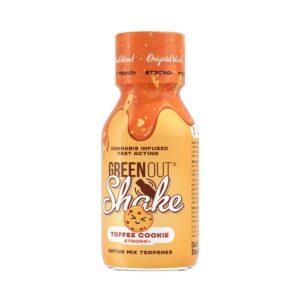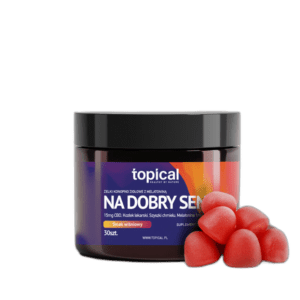Depression research - the effects of CBD
There is speculation that CBD may prove particularly helpful in treating depression - as it has most of the properties of THC, but without the psychoactive effects. A study published in 2018 analyzed the effects of CBD on depression in rodents - finding that just a single dose could produce rapid and sustained antidepressant effects. A 2014 review of studies using animals also found anti-anxiety and antidepressant effects of CBD. This may be directly related to serotonin levels in the central nervous system, which contains the most CB1 receptors activated by cannabinoids such as CBD. Thus, it seems that preparations with CBD may prove to be a promising therapy for those experiencing conditions anxiety and depression, as well as sleep problems.
CBD dosage
First of all - before you start use CBD preparations for the treatment of depression, consult your health care provider, who can help you decide which formulation will be most suitable for you and how it should be dosed. General dosage recommendations for CBD for depression are heavily averaged, as there is not yet enough research to make an accurate estimate.
- A study published in 2018 found that the aforementioned single dose of CBD (from 10 mg/kg to 30 mg/kg) showed antidepressant effects lasting about 7 days. Note, however, that this study was conducted on rodents, not humans.
- There is also a human study that showed that a single dose of 10 mg/kg body weight showed similar efficacy - however, the study involved people who suffered from anxiety disorders, not depression.
- another dosage study CBD in various conditions and symptoms, such as epileptic seizures, anxiety and Parkinson's disease, found an active daily dosage range of 1 to 50 mg of CBD per kilogram of body weight - studies that used higher doses tended to have better therapeutic results.
Given that there is not a lot of data on the subject, you can use the limited clinical data examining the use of formulations CBD in the treatment of depression and social anxiety. The study's owners recommend starting the dosage at 10 mg/kg body weight, gradually increasing the dose as the individual needs.
How do cannabinoids work for depression?
The endocannabinoid system (ECS) exists in all vertebrates and helps regulate key functions such as sleep, pain and appetite. The human body produces its own cannabinoids, called endocannabinoids, which modulate and activate its various functions - while they can also be activated for with the help of cannabis-derived cannabinoids, which interact with CB1 and CB1 receptors that are spread throughout our bodies. The endocannabinoid system is involved in mood regulation, and according to researchers, found mainly in the brain, CB1 receptors can have a real impact on the occurrence and prevention of depression.








